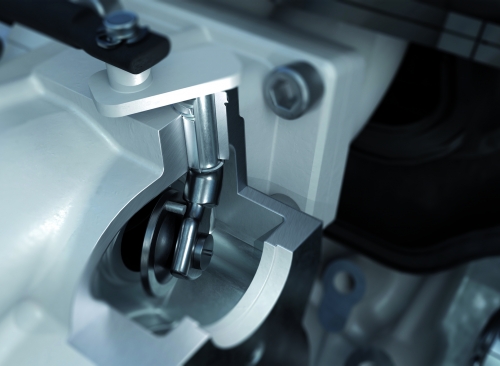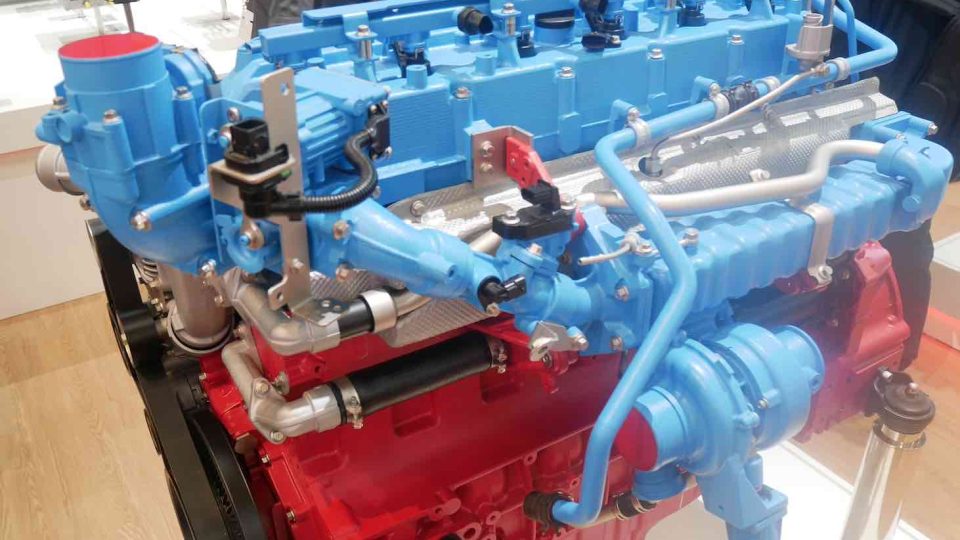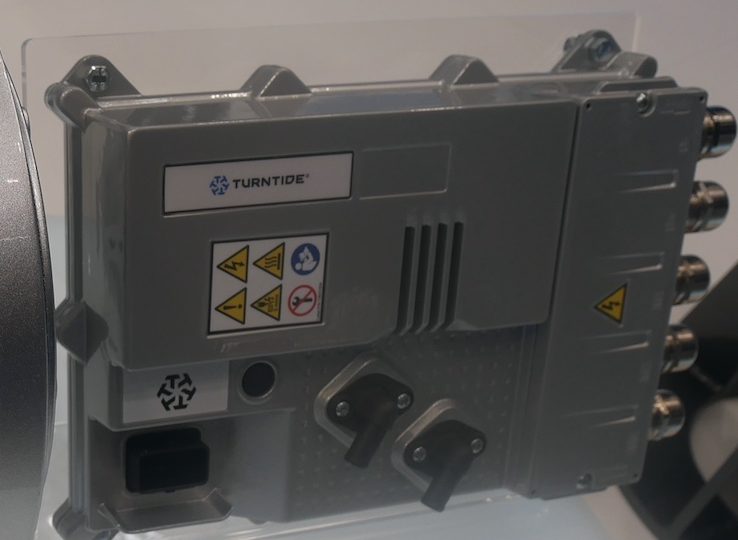Tenneco joins the NAMOSYN project: research on synthetic fuels for sustainable mobility
The aim of research at Tenneco is to achieve the highest possible efficiency of internal combustion engines as well as the greatest possible reduction of raw emissions, especially in terms of particulate emissions.
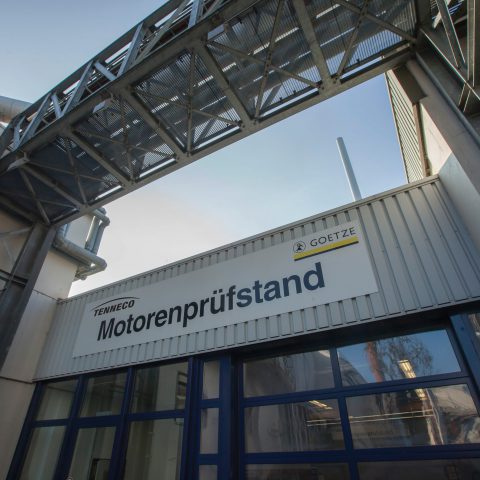
Tenneco has recently joined the NAMOSYN project, supported by the German Federal Ministry of Education and Research in order to help further the understanding of synthetic fuel technology. The project relies on a consortium of automotive suppliers, vehicle and fuel manufacturers, chemical companies, Fraunhofer institutes and universities.
The NAMOSYN project also serves to develop cost-effective and energy efficient manufacturing processes for synthetic fuels and to test them in internal combustion engines. Initial results seem to be quite promising. «By using synthetic fuels in internal combustion engines, we have been able to demonstrate a reduction of 50 percent or more in all nitrogen oxide, carbon monoxide and particle emissions», explained Bartosch Gadomski, Senior Test Engineer and Project Manager NAMOSYN at Tenneco. «In order to actively support the timely market introduction of synthetic fuels as far as possible, we also test mixtures or blends of conventional fuels and e-fuels under real conditions on our engine test benches».
Tenneco for the NAMOSYN project, achieving the highest possible efficiency
In the final step, these test units are installed in test vehicles and examined for driving behavior and emissions. In addition, the compatibility of the e-fuels with the existing infrastructure for fuels, such as tank trucks or filling station systems, is evaluated and solution concepts for new requirements are developed.
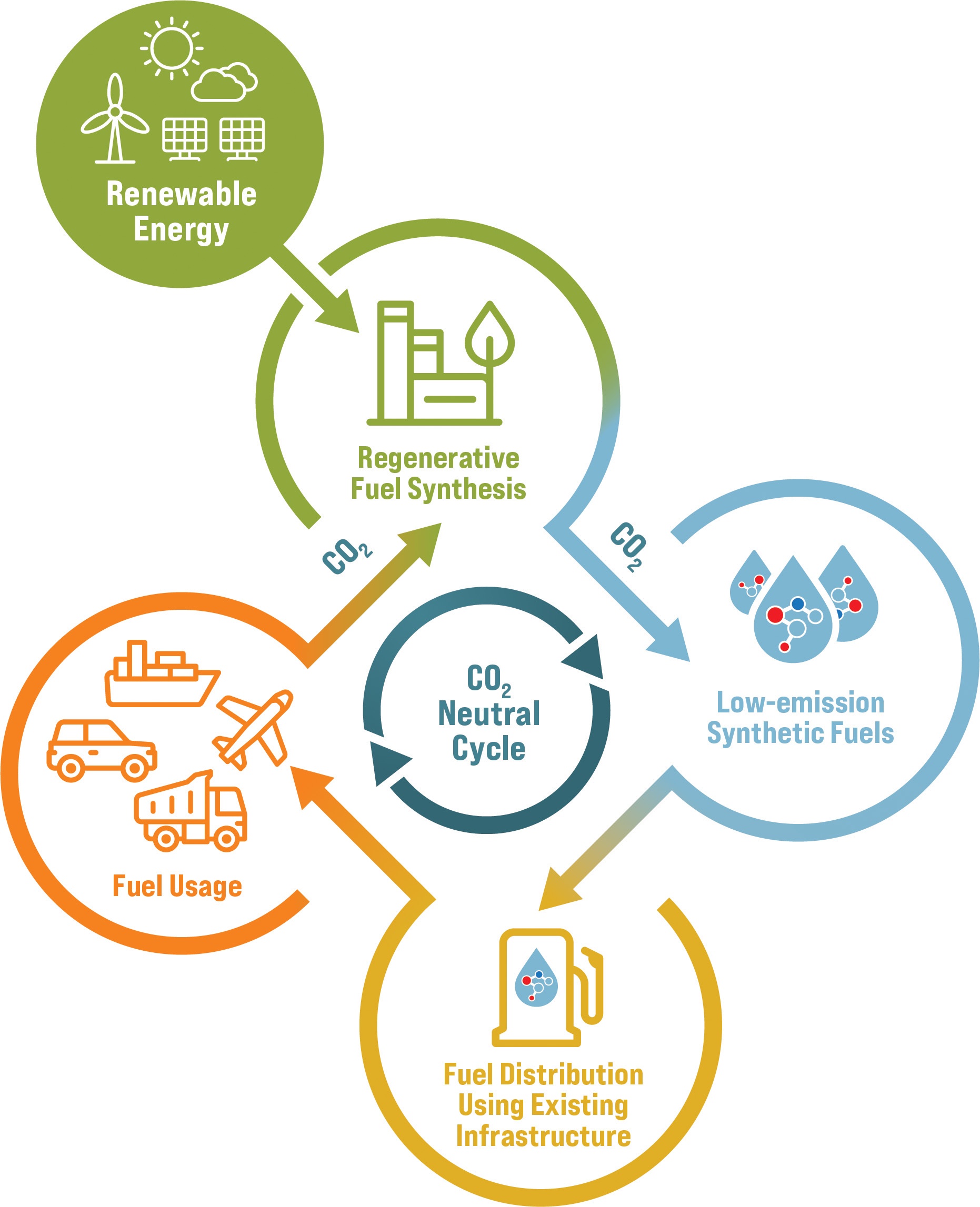
E-fuels should have favorable combustion properties so that an ICE can be operated as efficiently as possible and local pollutant emissions can be kept low. One of the advantages of synthetic fuels is that their composition can be developed specifically to meet the needs and different performance requirements of their applications. In order to achieve the highest possible efficiency, e.g. via so-called lean combustion, adjustments to engine control and hardware are necessary, depending on the engine type.
The aim of research at Tenneco is to achieve the highest possible efficiency of internal combustion engines as well as the greatest possible reduction of raw emissions, especially in terms of particulate emissions.
Exploiting the existing infrastructure
Synthetically produced, climate-neutral e-fuels can be used in today’s gasoline and diesel engines with only minor modifications for most of e-fuels and in blends with conventional fuels. This makes them particularly suitable for vehicles with traditional ICE as well as alternative powertrains such as hybrids. Additionally, the e-fuels can be made available to consumers by using mostly the existing, well-developed fuel distribution and filling station infrastructure with only minor adjustments, making the technology even more appealing as a near-term, fast-to-market solution.
Potrebbe interessarti
Sintered steel instead of cobalt. Tenneco tests new materials for engine applications
«It is widely acknowledged that solutions must be found to reduce a vehicle’s carbon footprint. In addition to light vehicles, internal combustion engines are also popular in trucks, marine propulsion, construction equipment and agricultural machinery», explained Steffen Hoppe, Director Global Technology for piston rings and cylinder liners at Tenneco’s Powertrain business group in Burscheid, Germany. «Regardless of the differing opinions when full electrification will be reached, any technology that we can adopt now that enables a significant reduction in CO2 emissions, or even CO2-neutral operation of the IC engine, will be an essential contributor to the timely achievement of climate targets. We are excited to be an active part in the development of this type of technology».

